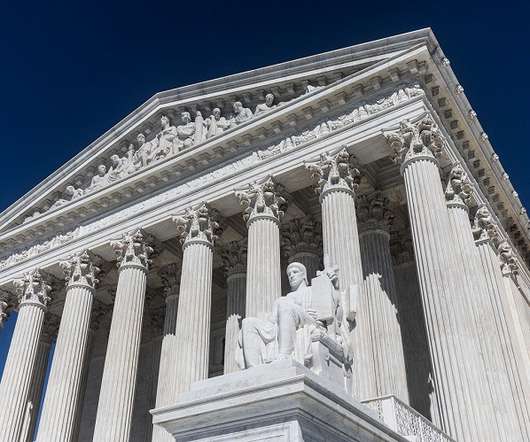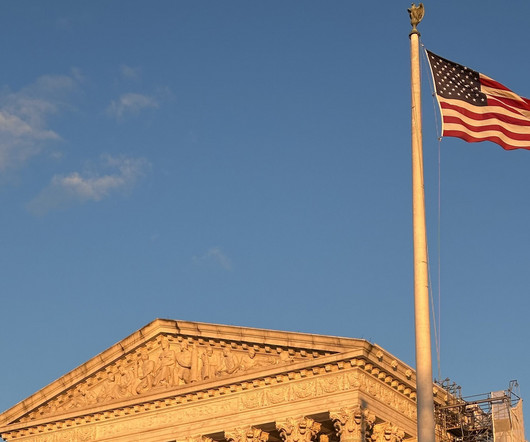New York sues New Jersey over compact governing Port of New York and New Jersey
SCOTUSBlog
APRIL 2, 2022
The compact, agreed to in 1953, formed the Waterfront Commission of New York Harbor and granted it broad regulatory and law-enforcement powers over operations at the port. However, in 2018, New Jersey passed a statute to withdraw from the compact, and on Dec. 27, 2021, it formally notified New York that it intends to withdraw.


















Let's personalize your content